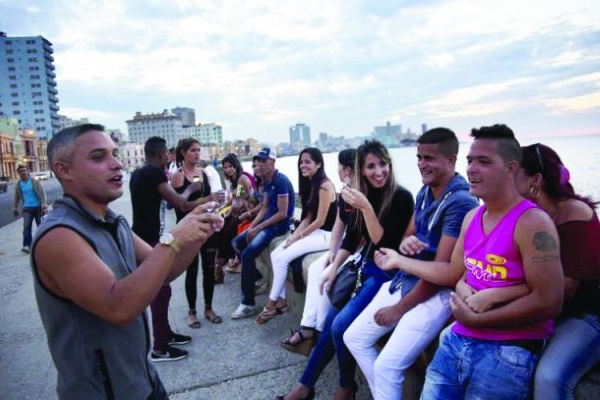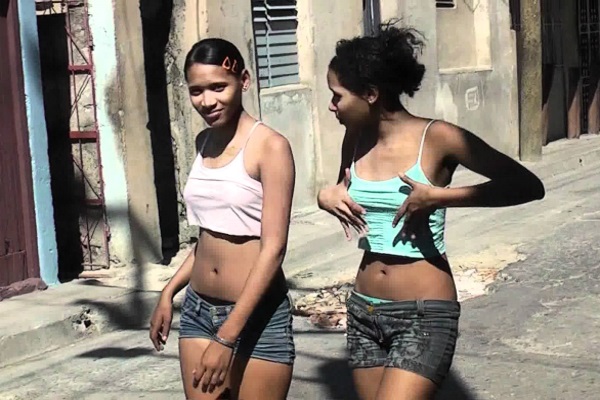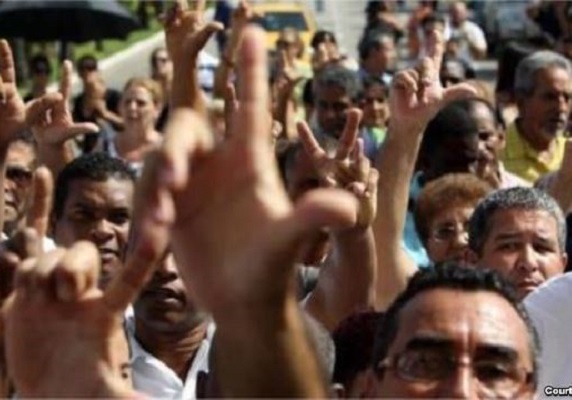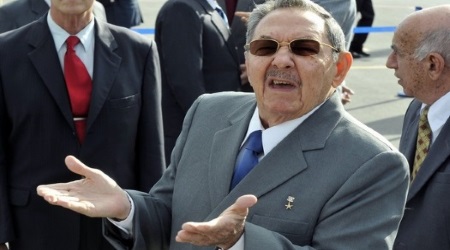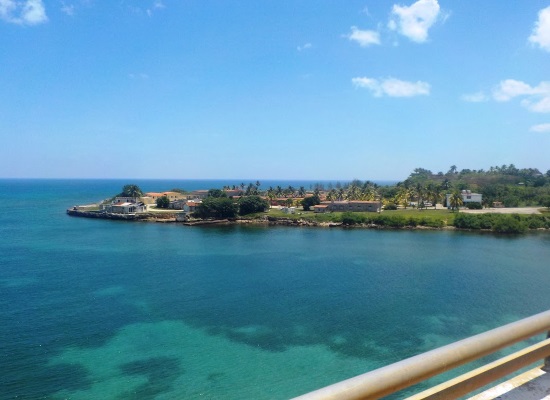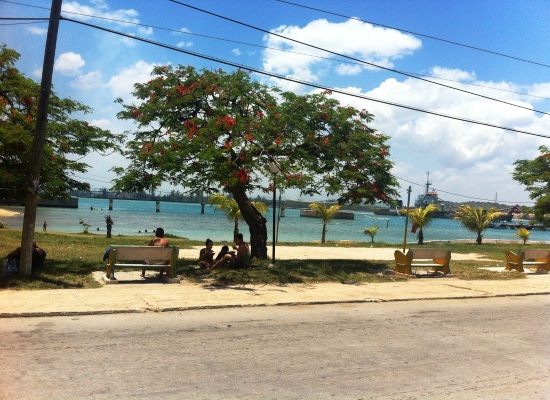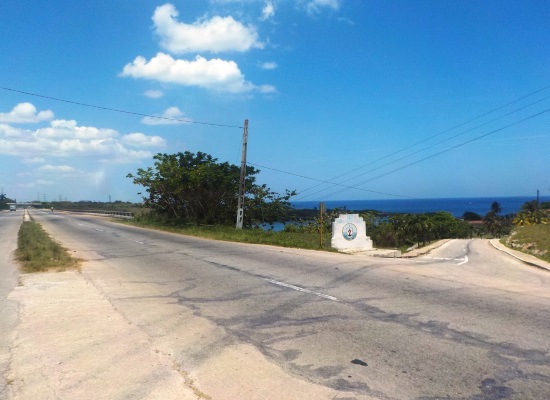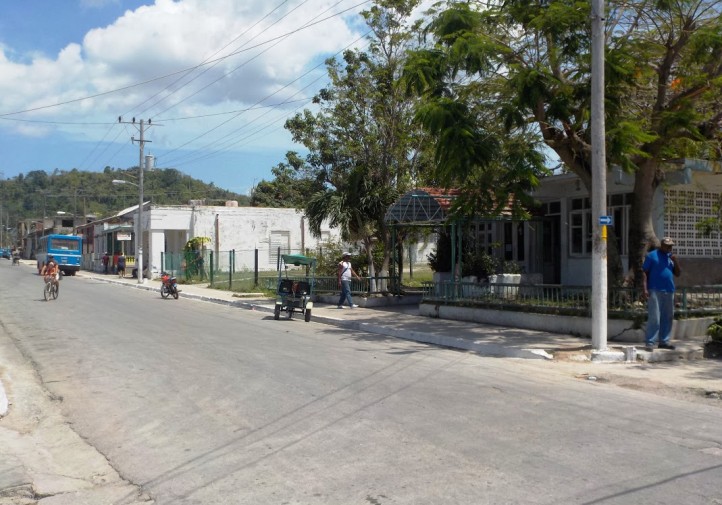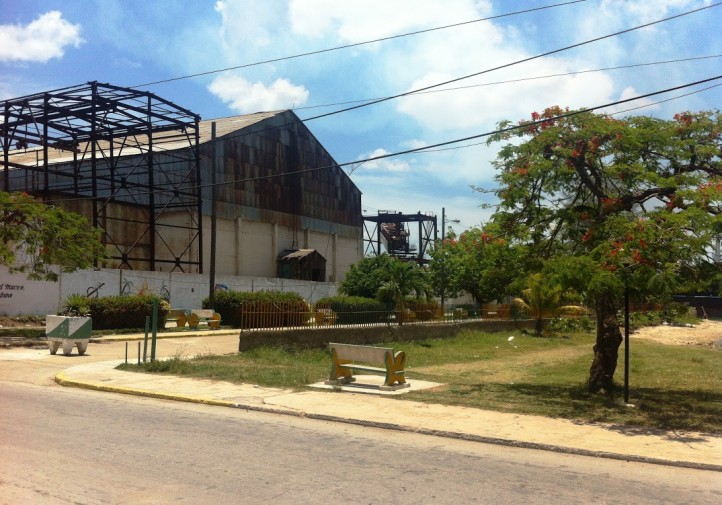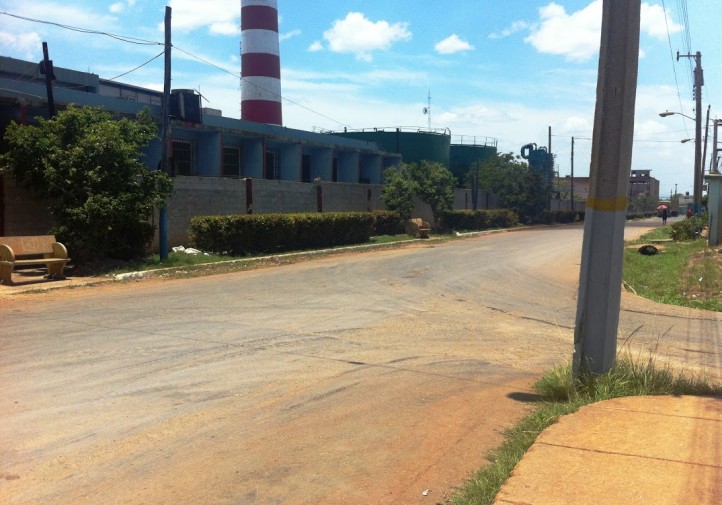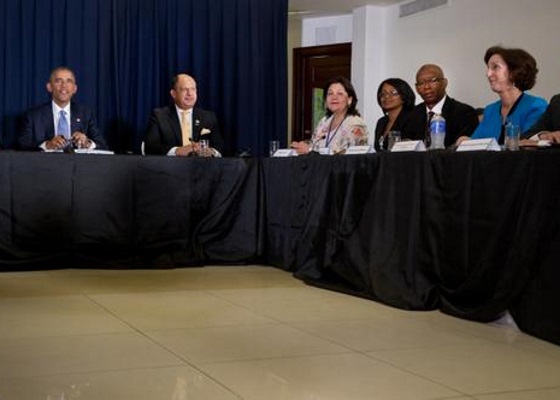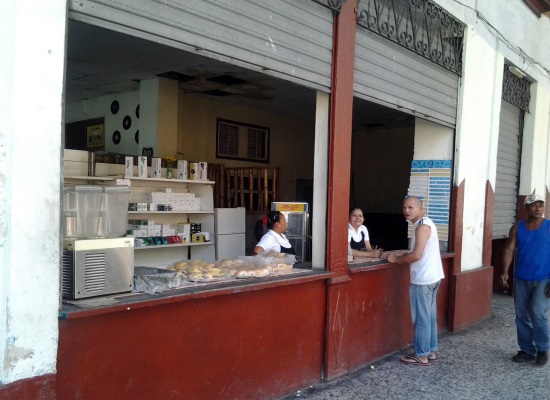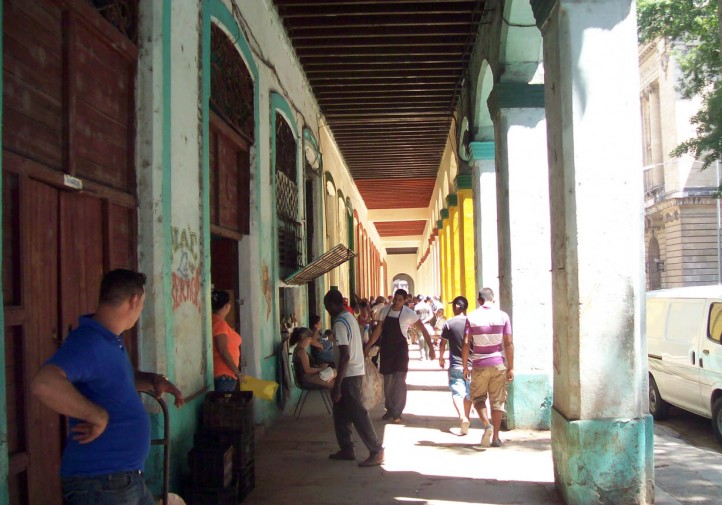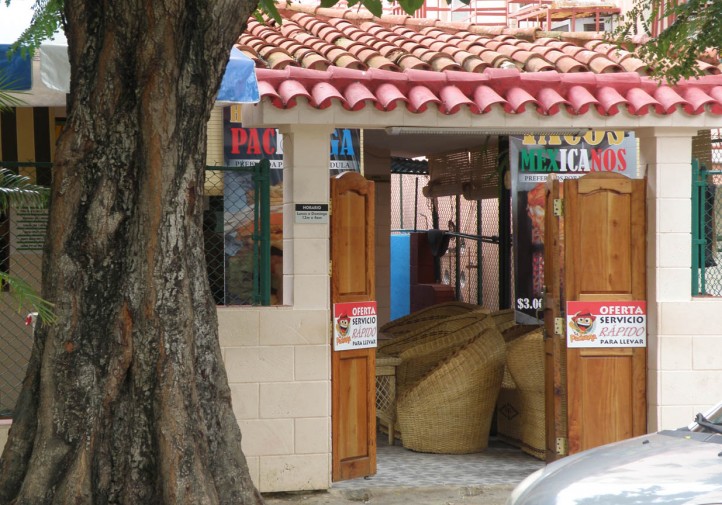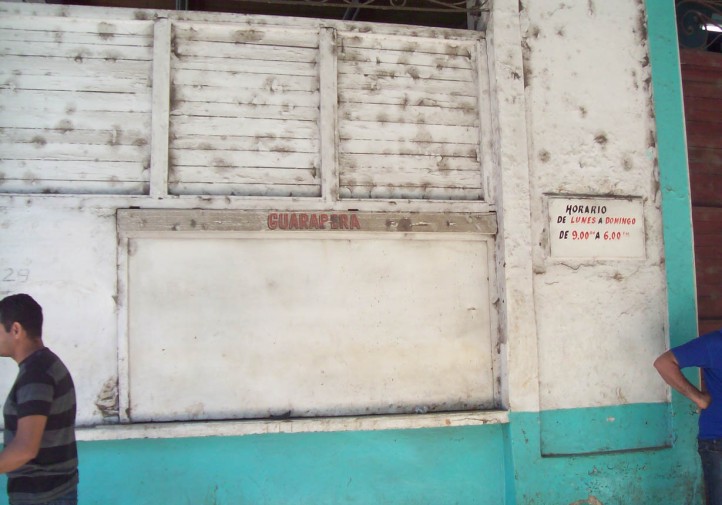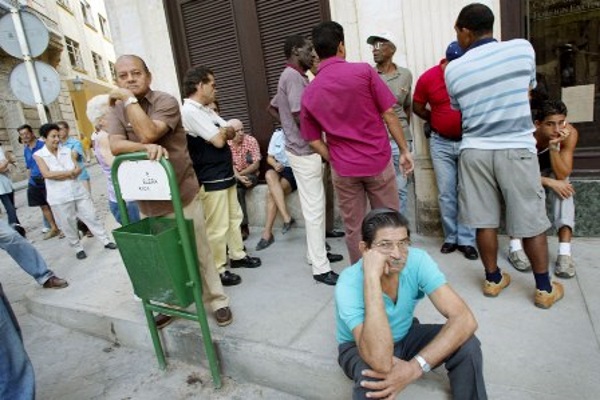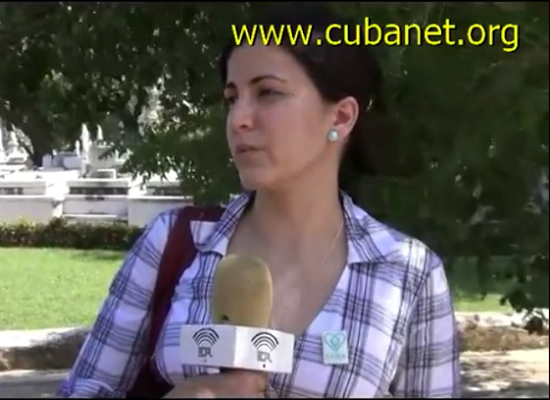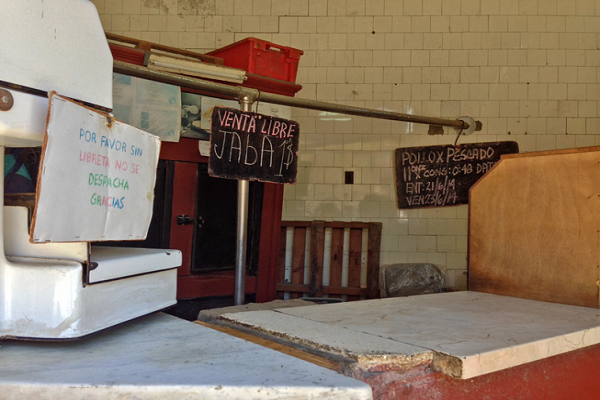
 Cubanet.org, Roberto Jesus Quinones Haces, Guantanamo, 12 June 2015 – Among the list of prohibitions imposed on Cubans from 1959 until today is freely fishing, having a boat and wandering around the island or giving our children an education in non-state schools, among others. Until recently it was forbidden to stay in a hotel, sell cars acquired after 1959, sell housing, leave the country without permission from the government, possess foreign currency and buy in stores for tourists and foreign technicians.
Cubanet.org, Roberto Jesus Quinones Haces, Guantanamo, 12 June 2015 – Among the list of prohibitions imposed on Cubans from 1959 until today is freely fishing, having a boat and wandering around the island or giving our children an education in non-state schools, among others. Until recently it was forbidden to stay in a hotel, sell cars acquired after 1959, sell housing, leave the country without permission from the government, possess foreign currency and buy in stores for tourists and foreign technicians.
Another unusual prohibition that we Cubans have is that the slaughter of large livestock and the consumption of their meat is penalized with harsh jail sentences. For more than 25 years eating a beefsteak has become the dream of the great majority of Cubans. Here, the only ones who can are the leaders, tourists and those with the money to buy it in the currency stores, or those with enough bravery – and also the contacts – to buy it illegally. Not even in the most distinguished restaurant does there appear the longed-for filet. continue reading
A purely Cuban – and revolutionary! – ban
The crime of Theft and Illegal Slaughter of Large Livestock is perhaps unique in the history of international jurisprudence. It had its precedent in the 1962 Law 1018 which last March turned 53 years old and by which cattle owners are obliged to sell their meat exclusively to the state, prohibiting them from consuming it.
In his book, “In Kind Crimes,” Dr. Jose A. Grillo Longoria asserted that before 1959 a great percentage of Cubans could not consume beef and that this law would guarantee that all residents of the country could eat it regularly. For such reason, the distinguished professor of Criminal Law warranted that the state’s efforts to increase the production of milk and beef would be useless if it benignly repressed those who slaughtered those animals irresponsibly or because of a desire for profit.
When he wrote that he knew, because of his age, that in Cuba there had always been milk and meat, even in the worst droughts. From living one could realize that this incomprehensible decision has been the main reason that the Cuban cattle population has decreased continuously from 1962 to today.
Today the number of Cubans, including children, who cannot drink a simple glass of milk as well as those who have not tasted a little piece of beef in years, is much higher. It would prove that the cruel sanctions that he defended have not managed to stop the commission of a crime invented by the bearded ones, the implementation of which has caused thousands of Cubans to rough it in jails, sentenced to thirty and even more than fifty years for having butchered a head of cattle.
The Guantanamo slaughterhouse is militarized
Unable to kill their own cattle, to eat its meat in restaurants, or to acquire it in currency stores due to its high prices, the great majority of Cubans have to go to the black market, supplied by butchers and slaughterhouse workers, in order to be able to eat a steak. In the wholesale network a kilogram costs 10 CUC, more than 50% of the average monthly salary.
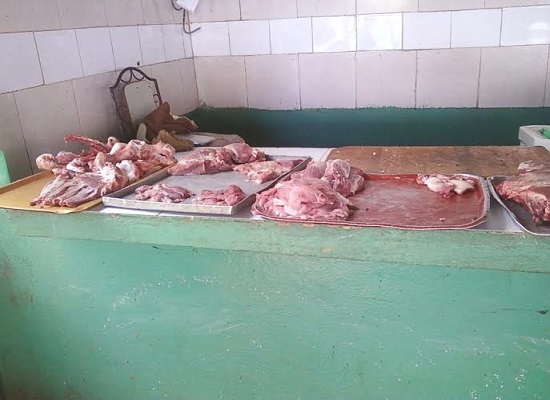
According to a source whose identity we withhold since he works in the Guantanamo Slaughterhouse, the manager there is Mr. Gustavo Osorio, a retired colonel of the Armed Services, who believes himself still to be in a military camp based on the methods he uses against his workers.
As members of his team he has named Lioel Cantillo Pelegrin, an ex-police officer who is chief of the slaughter area and Feliberto Espinola, another ex-police officer who occupies the job of Maintenance Chief.
As if that were not enough, Major Liranza, member of the economic police, continually visits the slaughterhouse and together with those mentioned above, carries out suppressive checks of the work stations without these being part of his job. As a result of these actions, worker Manuel Reyes Calderin was surprised last week with 10 pounds of meat in his clothes, which cost him two days locked in a prison cell, the loss of his job and a pending trial.
A steak, which together with some fried plantains and a serving of beans and rice cost some 25 cents before 1959, now joins the long list of scarcities in Cuban homes. Add to that also that risking the great pleasure can involve a solid blow of many years confinement.
And like everything that happens in Cuba, the fault is not with our leaders but with others. In this case it’s the cow’s fault because they do not want to fatten up, increase their offspring or give us milk. Oh, and I forgot it, also the embargo’s fault!
Translated by MLK


